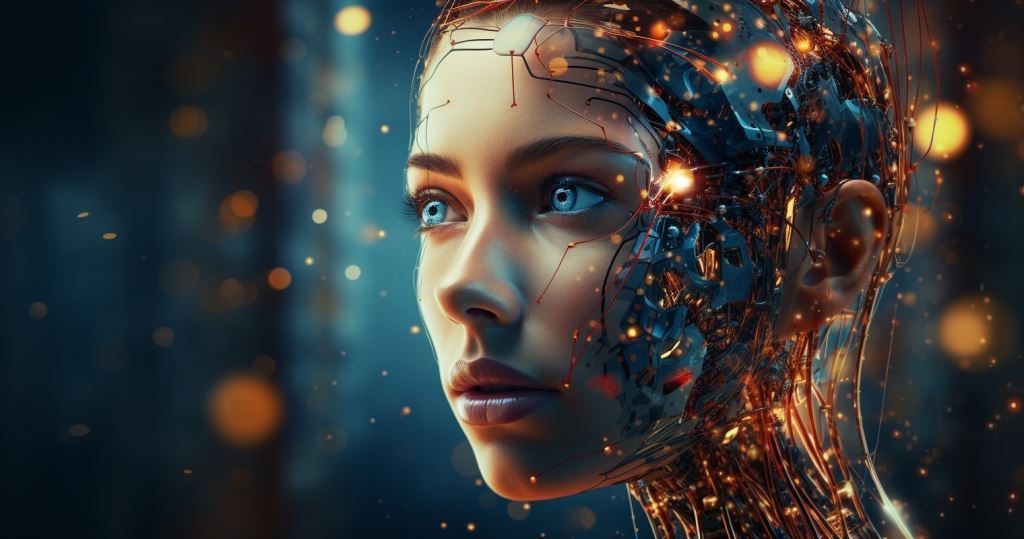Artificial intelligence is evolving rapidly, reshaping our world. Some argue that AI isn’t truly intelligent because it lacks human-like consciousness and emotions. However, this narrow view overlooks AI’s unique strengths and potential to complement human intelligence, driving innovation and progress in tackling complex global challenges.
To achieve this, we need to expand our understanding of intelligence and embrace diverse forms of cognition. By recognizing the unique strengths of artificial intelligence, we can harness its potential to complement human capabilities.
This perspective shift is essential for stimulating collaboration between ourselves and artificial intelligence. Together, we can tackle global issues, drive progress, and create a more sustainable future.
Exploring this viewpoint broadens our horizons and empowers us to think more critically about technology’s role in our lives. It opens doors to new possibilities and equips us to navigate the complexities of our rapidly evolving world.
Many argue that GenAI isn’t truly intelligent because it doesn’t think or feel like humans do. It lacks our consciousness, emotions, and deep understanding.
However, this argument overlooks GenAI’s essence and potential, confining the definition of intelligence to a narrow, anthropocentric viewpoint.
Firstly, it’s crucial to understand that intelligence manifests in various forms, not solely human cognition. GenAI’s essence lies in its ability to process and analyze vast amounts of data at speeds and scales unattainable by humans, identifying patterns, solving problems, and generating creative outputs based on its programming and input data. This capability is a form of intelligence—distinct from human intelligence but valuable and impactful in its own right.
Moreover, the argument against GenAI’s intelligence often stems from misunderstanding its purpose and potential. GenAI is not designed to replicate human consciousness or emotional depth but to augment, extend, and enhance human capabilities. It’s a tool that, when used responsibly, can lead to significant advancements in science, medicine, education, and the arts, among other fields. It can process and synthesize information in ways that inspire human creativity and innovation, suggesting that the real power of GenAI lies in its complementarity to human intelligence rather than in mirroring it.
Criticizing GenAI for not being intelligent in a human-like manner overlooks the broader perspective of what intelligence can entail. It fails to recognize GenAI’s unique strengths and potential as a transformative tool.
As AI advances, we need an expansive view of intelligence that recognizes AI’s unique strengths and potential. However, this should be coupled with proactive efforts to address the social and ethical implications and a recognition that AI and human intelligence are distinct yet complementary. What’s needed is a collaborative approach focused on harnessing AI responsibly to benefit humanity as a whole.
POST NAVIGATION
CHAPTER NAVIGATION
SEARCH
Blook SearchGoogle Web Search
Photo Credits: Midjourney (Public Domain)
The Gurteen Knowledge Letter is a free monthly newsletter with over 20,000 subscribers that I have been publishing by email for over 20 years.
Learn more about the newsletter and register here.


